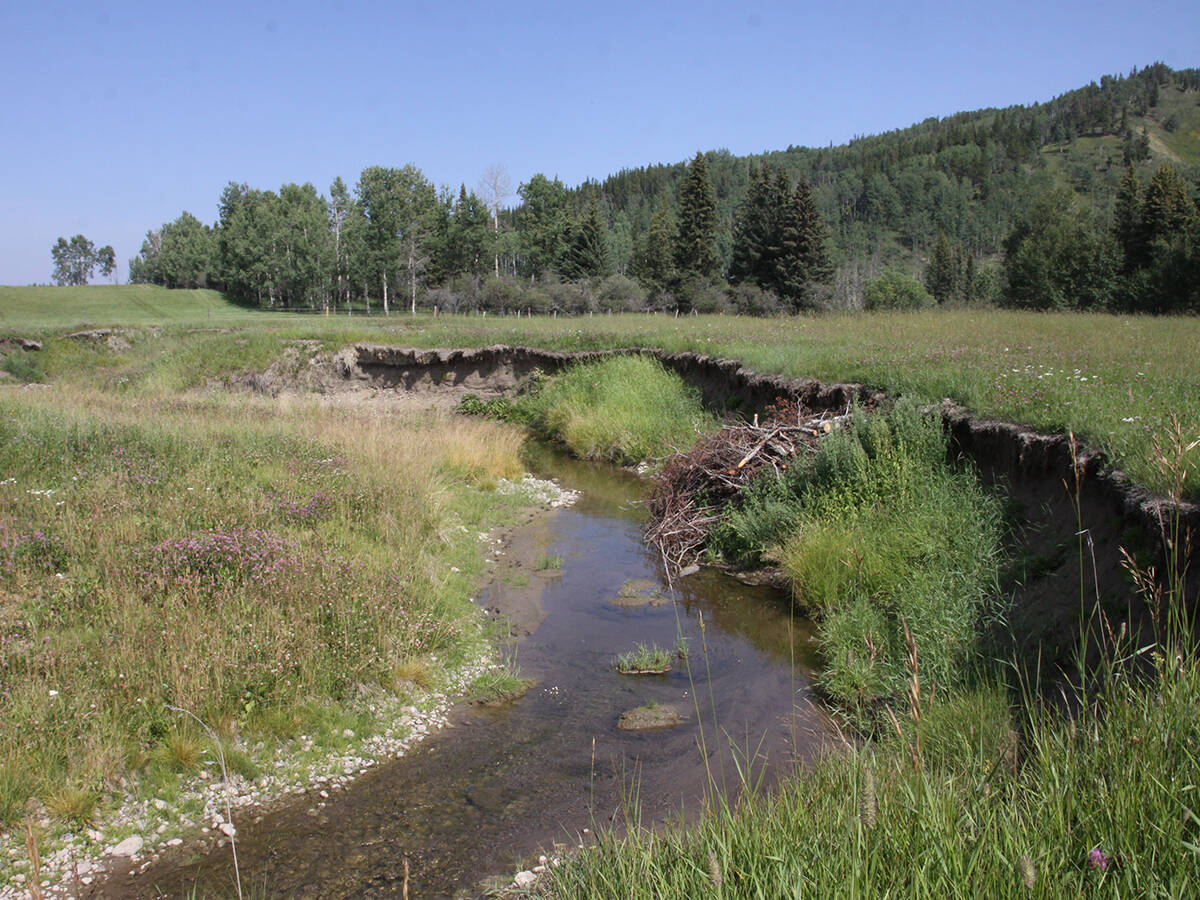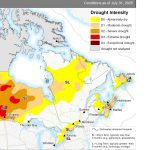Adding canola to the basket of commodities sold by the Canadian Wheat Board would be an interesting experiment.
However, it is questionable that it would shed useful light on the debate over whether a voluntary wheat board could be sustainable and provide value to farmers.
The Manitoba Canola Growers Association (MCGA) has decided to survey its members on their interest in having the CWB market crop for them on a voluntary basis. This would provide canola growers with a pooling option, in addition to their present options on the open market.
Read Also

Alberta eases water access for riparian restoration
Alberta government removes requirement for temporary diversion licence to water plants up to 100 cubic metres per day for smaller riparian restoration projects
Clearly, a substantial number of tonnes would have to be committed before the CWB option would make sense. Therefore, the association has set a tonnage level that would have to be met before the voluntary desk would even be considered. The MCGA is not revealing the number, but it must be of a significant size.
The original resolution for the pool concept came up in 2006, but the MCGA wanted to take the time and do the survey right, said president Rob Pettinger.
The delay, however, may have sapped interest in the proposal.
In the winter of 2006, canola sold for less than $6 a bushel, the low price of the decade. The year-end stocks-to-use ratio was a burdensome 22 percent.
Canadian crushers were at capacity and were expected to process only 35 percent of the 9.5 million tonne crop.
Today, cash prices are above $12.50 per bu., and the stocks-to-use ratio is expected to be a tight eight percent.
New and expanded crushing plants are expected to crush about half the 11.9 million tonne crop.
Canola growers have a more competitive market than ever before, helping to narrow basis levels.
Nevertheless, a canola pool might still have attractions for some.
MCGA vice-president Ed Rempel said there were three reasons to suggest a CWB canola pool: a desire for higher average prices through pooling; reducing basis levels and a preference by some to sell to an organization that works for producers.
The survey also alludes to possible benefits from greater use of producer cars and the port of Churchill.
If enough interest is shown and a voluntary canola pool is organized and is successful, proponents of a voluntary wheat board would be tempted to point to it and say that it drives home their arguments that a dual market could be successful.
Those who support single desk marketing, however, may argue a canola marketing pool is not comparable to the wheat single desk.
Love it or hate it, the CWB is more than just a wheat marketing pool. It also plays a large role in grain transportation, market development and promotion.
Proponents argue its greatest value is its role as the tool through which western Canadian farmers can extract value from their wheat, which through climate, variety control and attention to cleaning has been branded the best in the world and utterly reliable for milling. To buy it, you have to go through the CWB, and pay the price it has set.
Without the monopoly, would the ability to capture value for that differentiation remain in place? Would the brand still stand? That question is unlikely to be settled even if a canola marketing pool is created and is successful.
Bruce Dyck, Terry Fries, Barb Glen, D’Arce McMillan and Joanne Paulson collaborate in the writing of Western Producer editorials.
















